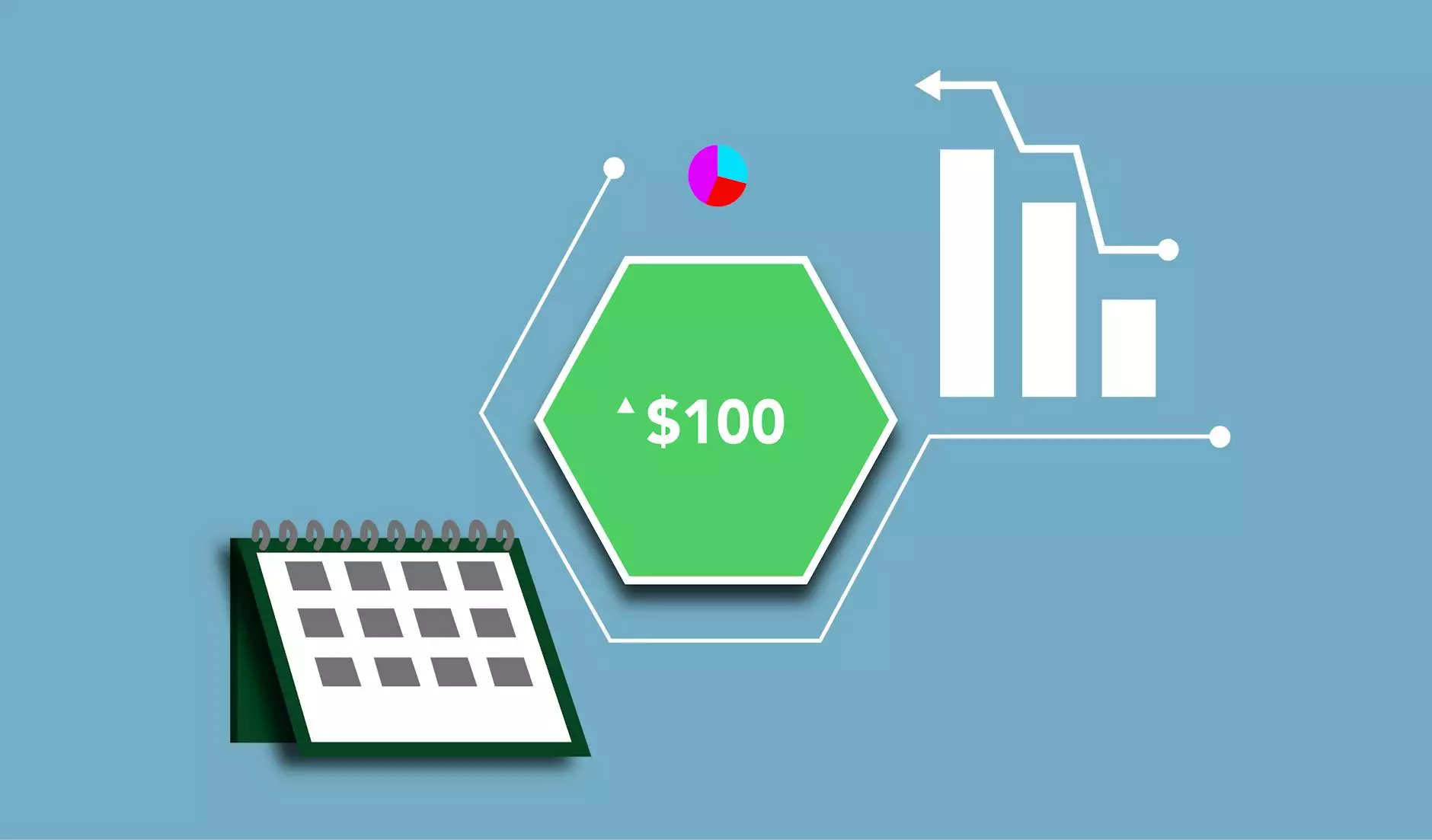Why Should You Care About Inflation?
Content Marketing
Inflation plays a crucial role in the economy and can have significant impacts on businesses and consumers alike. Understanding inflation is essential for making informed financial decisions and planning for the future. In this detailed guide, we will explore why you should care about inflation and how it can affect you.
Effects of Higher-than-Expected Inflation
When inflation is higher than what was expected, it can lead to various consequences for the economy. Businesses may face higher production costs, which could result in price increases for consumers. This can erode purchasing power and reduce the standard of living for many individuals.
Moreover, higher-than-expected inflation can disrupt long-term planning and investment strategies. Businesses may struggle to predict future costs and revenues accurately, leading to uncertainty and risk in decision-making processes.
Impact on Savings and Investments
For individuals, higher-than-expected inflation can negatively impact savings and investments. The real value of money decreases as prices rise, affecting retirement funds, savings accounts, and other investment portfolios. It is essential to consider inflation when planning for financial goals to ensure long-term stability and growth.
Effects of Lower-than-Expected Inflation
On the other hand, if inflation is lower than what was expected, the economy may experience deflationary pressures. While deflation can initially lead to lower prices for goods and services, it can also have detrimental effects on economic growth and employment.
Businesses may struggle to maintain profitability during periods of low inflation, leading to potential job losses and reduced consumer spending. Deflation can result in a downward spiral of falling prices, declining wages, and decreased demand, which can be challenging to reverse.
Benefits of Moderate Inflation
Despite the risks associated with unexpected inflation, moderate inflation can also bring several benefits to the economy. A consistent, low level of inflation encourages spending, investment, and economic growth. It allows businesses to adjust prices and wages gradually, promoting stability and predictability.
Furthermore, moderate inflation can help reduce the real burden of debt over time. As wages and prices increase, the relative value of outstanding debt decreases, benefiting borrowers. This can stimulate borrowing and investment, driving economic activity and job creation.
Key Takeaways
Understanding and monitoring inflation is crucial for businesses and consumers to navigate the complexities of the economy. By staying informed about inflation trends and their potential impacts, individuals can make informed financial decisions and mitigate risks.
Whether inflation is higher or lower than expected, being prepared and proactive is essential. By incorporating inflation considerations into financial planning and investment strategies, businesses and individuals can protect their assets and position themselves for long-term success.









